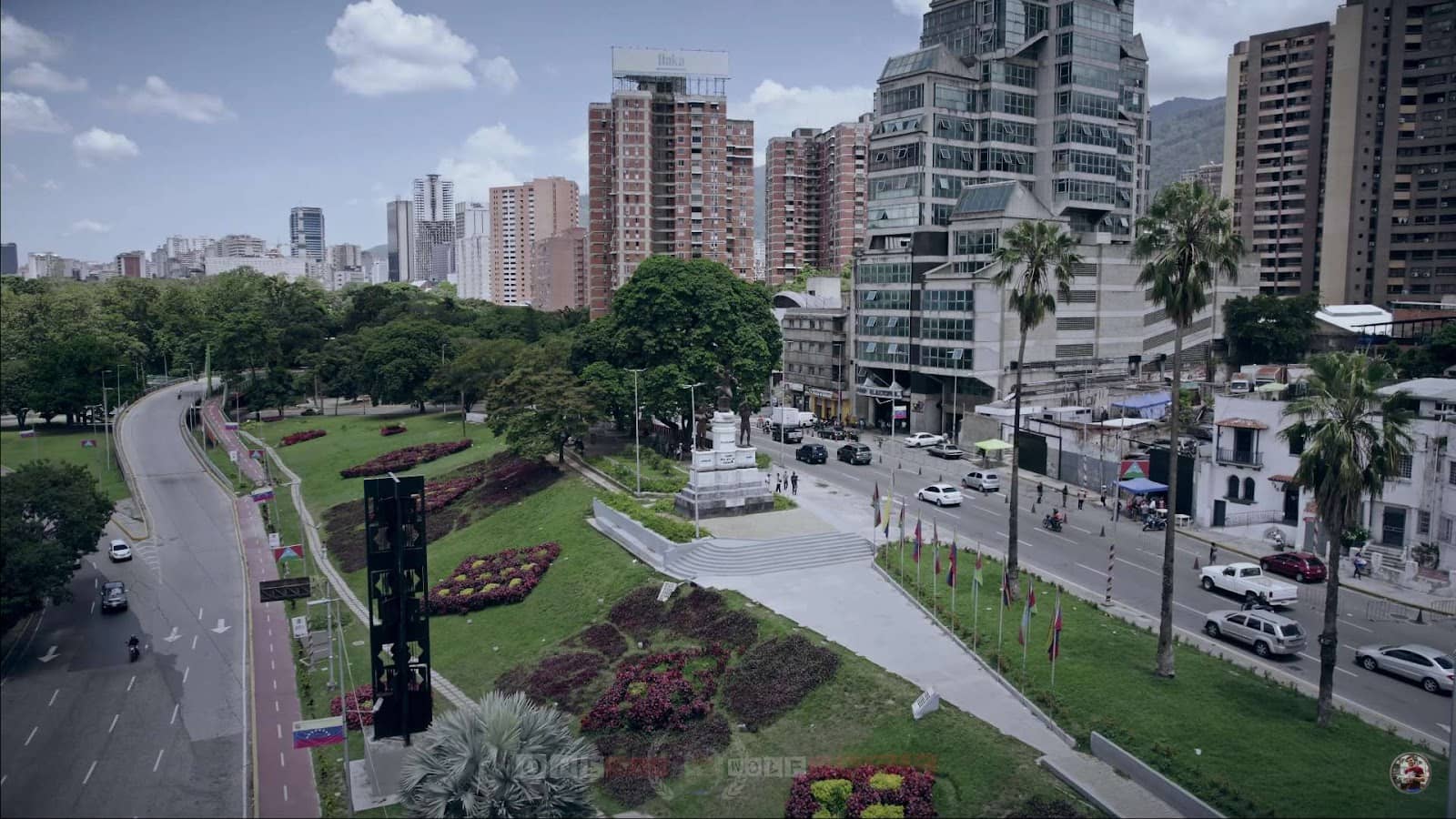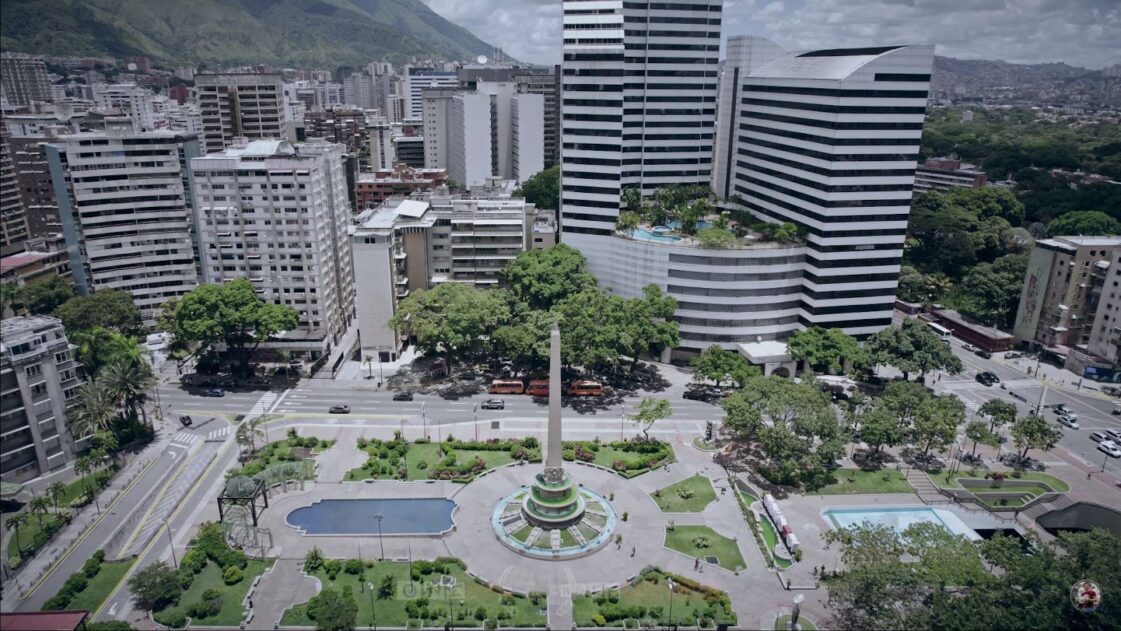
What characterizes Venezuela’s economic system? Venezuela’s economic landscape is characterized by a fusion of socialist-oriented market principles. This unique blend melds elements from both market-driven and planned economic paradigms. While Venezuela refrains from officially declaring itself socialist or communist, it diligently aspires to construct and advance towards a socialist framework within its borders.
The cornerstone of Venezuela’s economy predominantly rests upon its oil sector, wielding substantial influence over its GDP and export figures. Concurrently, additional pillars encompass manufacturing and agriculture. Regrettably, the nation has grappled with economic tribulations stemming from political instability and the downward spiral of oil prices.
In the economic landscape of Venezuela, we can distinguish two prominent sectors: the private sphere, characterized by individuals and businesses making autonomous choices guided by their self-interest, and the public domain, where the government takes charge of overseeing the production and distribution of certain commodities and services. It’s crucial to acknowledge that no nation adheres strictly to either a purely capitalist or communist economic system.
Understanding Venezuela’s Economic System Through Freedom Indexes
Venezuela, a country of striking landscapes and a tumultuous recent history, offers a unique perspective on the global economic landscape. One way to gain insight into its economic system is by examining key freedom indexes. These indexes shed light on the degree of economic and political freedom enjoyed by its citizens, ultimately revealing whether the nation leans towards a market economy or a planned economy.
2022 Index of Economic Freedom:
The Index of Economic Freedom, a comprehensive measure that assesses the ability of individuals to control their labor and property, places Venezuela at the 176th position globally. Delving deeper into the Americas region, Venezuela ranks 32nd, offering a clear indication of a repressed economy.
Key factors contributing to Venezuela’s low ranking in the Index of Economic Freedom include excessive government intervention, price controls, and a lack of property rights protection. These factors hinder entrepreneurial activity and economic growth.
2022 Freedom House Index:
The Freedom House Index, a prominent assessment of political rights and civil liberties on a global scale, provides further insights into Venezuela’s economic and political landscape.
Generally, countries with market economies tend to align more closely with democratic principles and personal freedoms, while command economies often exhibit greater state control and reduced democratic and civil liberty protections.
Venezuela receives a dismal score of 14 out of 100 in the Freedom House Index, categorizing it as “Not Free.” This rating underscores the severe limitations on political rights and civil liberties within the country, creating an environment of restricted freedom.
The Intersection of Political Control and Economic Freedom:
Venezuela serves as a striking example of a nation where government influence extends into various aspects of citizens’ lives for political reasons, resulting in limited individual freedoms.
In this context, the government’s reach extends beyond the political realm to control economic activities, including:
- Determining what goods and services can be produced;
- Dictating the quantity and manner of production;
- Regulating pricing, creating artificial shortages, and imposing price controls;
- Exerting influence over buying and selling decisions.
This high degree of government involvement in economic affairs stifles entrepreneurship and innovation, contributing to Venezuela’s economic challenges.
A Detailed Intersection Between Government Employment and Venezuela’s Economic Model
Government employment is often a potent indicator of the degree of state control in an economy. In this register, the statistics from ILOSTAT reveal that public sector employees constitute 24.3% (2020 data) of Venezuela’s total workforce. This significant percentage delineates the extent of government involvement in the country’s economy.
Characteristically, economies with a socialist orientation lean heavily on central planning, with the government orchestrating a large part of economic activities. This involvement translates into a significant number of public sector jobs, usually accounting for a sizeable portion of the total workforce.
In such economies, key attributes include:
- Predominance of the Public Sector: Government entities hold sway over numerous economic sectors, significantly shrinking room for private enterprise;
- Government as Major Employer: A notable share of the workforce finds employment within the public sector;
- Economic Direction: The state assumes responsibility for planning the country’s economic trajectory and often determines what goods and services are produced;
- Ownership of Resources: Major resources and means of production are typically state-owned.
These aspects mirror Venezuela’s current economic model, which seems to follow the socialist-oriented pattern. The inflated public sector employment figures in Venezuela signify a strong state presence, aligning with socialist-leaning economies where the government is the dominant employer.
However, the implications of this state-centric model on Venezuela’s economic performance, citizens’ welfare, economic freedom, and overall development remain a subject of considerable analysis and debate.
PDVSA and the Economic Pulse of Venezuela
The role of prominent corporations in an economy offers a window into the economic system at play. Listing and examining the most significant companies in Venezuela might provide a clearer understanding of the country’s economic dynamics.
Petroleos de Venezuela S.A., commonly known as PDVSA, is undoubtedly the nation’s biggest corporation. The company, owned by the Venezuelan government, is responsible for all operations related to oil and gas in the country. These activities span a broad spectrum, including exploration, extraction, production, refining, and exporting. With Venezuela possessing one of the world’s most substantial oil reserves, PDVSA’s significance to the nation’s economy cannot be overstated.
The dominance of PDVSA, a state-owned entity, suggests a profound level of government involvement in the Venezuelan economy. It is commonplace for nations leaning towards socialism to retain control over significant sectors, such as natural resources. In Venezuela’s case, the oil and gas sector is the lifeline of its economy, and hence, government control over PDVSA aligns with a socialist-leaning economic model.
Here are some insights into the implications of this:
- Economic Power: A state-owned corporation like PDVSA wields significant economic power and can influence national economic policies;
- Revenue Generation: Being a major contributor to national income, PDVSA’s performance has a direct effect on the Venezuelan economy;
- Employment: As a large state-owned entity, PDVSA directly and indirectly employs a significant portion of Venezuela’s workforce;
- Decision Making: The government’s control over PDVSA allows considerable influence over the oil and gas sector’s direction and overall economic planning.
Hence, the state’s control over PDVSA and its key role in the economy gives a compelling indication of Venezuela’s economic system’s leanings. It reaffirms the significance of prominent corporations as a gauge to understand a country’s economic model.
Navigating the Historical Labyrinth: How Venezuela’s Economic System Took Shape
Venezuela’s economic system, much like any other nation’s, is shaped by a tapestry of historical, political, and socio-economic factors. The country’s existing mixed economy owes its genesis to a series of elements, which, when woven together, paint a picture of Venezuela’s economic journey thus far.

The Oil Amalgamation
Venezuela’s economy has been heavily oil-reliant for decades, its fortunes invariably tethered to the whims of global oil markets. Nestled beneath the nation’s surface are some of the largest oil reserves globally, making oil exports the primary mainstay of Venezuela’s economy. This reliance has engendered a complex relationship with global market forces, reflecting in currency values and purchasing power, both of which have often turned volatile in lockstep with fluctuating oil prices.
The Brush Strokes of State Intervention
A distinct thread running through Venezuela’s contemporary economic narrative has been the vigorous government intervention, particularly since the initial years of the 2000s under the presidencies of Hugo Chávez and Nicolás Maduro. The proactive government involvement has led to escalated public spending, primarily financed through oil revenues. However, the consequential rampant inflation and currency depreciation have dealt bruising blows to Venezuela’s economy and its citizens’ purchasing power.
Government as Puppeteer on the Economic Stage
A critical aspect of Venezuela’s economic system is the pervasive influence the government wields over the breadth and depth of economic activities. From imposing restrictions on business operations to doling out subsidies, setting quotas and owning significant means of production, the state has a firm grip over the economic affairs in the nation. These interventions often come at the cost of curtailing private liberties and limiting the scope for free market economics to flourish.
Taken together, these factors offer a comprehensive view into the underpinnings of Venezuela’s economic system, shedding light on its origins, the actors shaping it, and the challenges it grapples with. This understanding is indispensable for those seeking to decode the complexities of Venezuela’s economic landscape. Read about Italy’s top business powerhouse – delve into the success story of the nation’s largest company in Italy!
Conclusion
In conclusion, Venezuela’s economic system is a complex blend of socialist-oriented market principles, combining elements from both market-driven and planned economies. Its heavy reliance on the petroleum industry, along with contributions from manufacturing and agriculture, has shaped its economic landscape. However, political instability and fluctuating oil prices have presented significant challenges.
The country’s economic structure comprises a private sector driven by individual and corporate decision-making, as well as a public sector where the state plays a role in production and distribution. It is important to acknowledge that Venezuela, like many nations, does not adhere strictly to either a capitalist or communist model. Instead, it navigates a unique path in its pursuit of economic development and social progress.